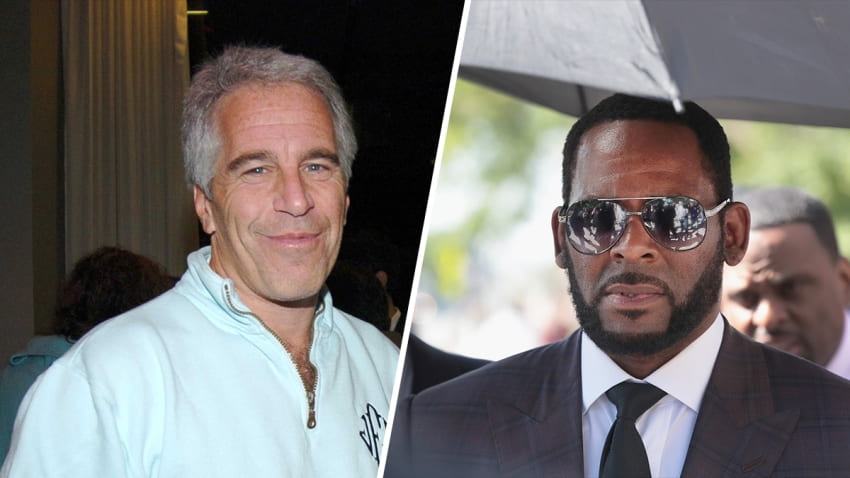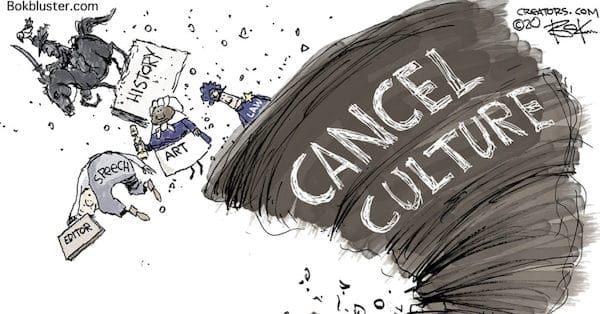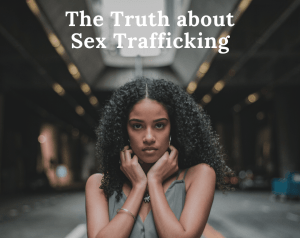
According to the National Human Trafficking Hotline, “Sex trafficking is a form of modern-day slavery in which individuals perform commercial sex through the use of force, fraud, or coercion.” Sex trafficking has commonly been regarded as a human rights crisis that receives an inadequate amount of attention. However, recent news articles surrounding the arrest and conviction of musical artist R. Kelly have invoked national concern over the issue of sex trafficking rings. The arrest of R. Kelly highlighted how minors and members of marginalized groups are disproportionally affected by the sex trafficking industry and that the issue cannot go ignored by media outlets and the public. In 2019, nearly 70% of human trafficking victims in the U.S. were identified as either being sex trafficked, or victims of both forced labor and sexual exploitation. The High Court recently stated that 25 million people worldwide are not afforded their fundamental right to freedom; however, the International Labor Organization estimates the number of human trafficking victims to be approximately 40 million. It is difficult to maintain an accurate report of victims and survivors of human trafficking since cases are largely unreported.
Who is most at risk?
Although sex trafficking can happen to anyone, regardless of race, gender, or age, victims are most frequently identified as members of marginalized groups and communities. The National Human Trafficking Hotline stated that “56 percent of prostituted women were initially runaway youth.” Runaway and homeless youth often lack a strong support system making them especially vulnerable to becoming victims of trafficking. Since child participation in commercial sex acts of any capacity is illegal in the U.S. and many countries around the world, these children are a part of a strenuously handled special victims group. Other groups susceptible to human trafficking include those who have endured past traumatic events or violence because traffickers exploit trauma to control and attract their victims.
Trafficking in the Pandemic
In recent years, human trafficking has received less attention from the media and general public due to the Covid-19 pandemic occupying the majority of major news publications. The Covid-19 pandemic may have slightly paused our lives; however, the pandemic did not pause trafficking crimes as many law enforcement officials had hoped. Instead, traffickers have used the effects of the pandemic to their advantage. As many people are experiencing higher levels of economic and social vulnerability, there is consequentially a growing number of individuals put at a higher risk of becoming victims of trafficking. According to the U.S. Department of State, “COVID-19 mitigation efforts, such as stay-at-home orders and travel limitations, increased rates of gender-based violence and substance abuse, both of which put individuals at a higher risk of human traffickers exploiting them.”
Celebrity Sex Traffickers
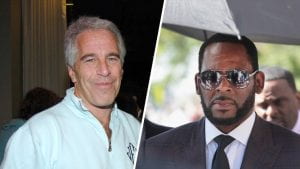
American singer and songwriter R. Kelly has recently been accused and convicted of multiple sex trafficking crimes. With accounts that span over two decades, Kelly was found guilty of using his superstar status to bribe and blackmail women and children for sexual exploitation. Tellingly, prosecutors claimed that it was this “superstar” status that allowed Kelly to use his persona to hide his crimes, and his victims, in plain sight. On a CBS interview with Gayle King in September of 2021, Azriel Clary, who had been one of Kelly’s “girlfriends” for five years from the time she was just 17 years old, admitted that she had been heavily manipulated and abused both sexually and verbally, which she also stated while testifying in court against Kelly. Curry went on to say that she regretted defending, now 54-year-old Kelly, in a prior interview with CBS in 2019. Curry admitted that she had lied to Gayle King regarding the condition she and his other victims were enduring in an attempt to satisfy Kelly and out of fear for her own safety.
Unfortunately, R. Kelly’s case is not the first-or only -time famous artists or other celebrities have used their power to justify and attempt to get away with sexual crimes. One of the most famous of these cases involves financer Jeffrey Epstein, who was arrested in 2019 for his role in facilitating a sex trafficking ring on a private estate in the U.S. Virgin Islands. He was also convicted as a child sex offender due to his role in coercing minors into sexually exploitative acts as well. Some of Epstein’s famous acquaintances include former presidents Bill Clinton and Donald Trump, who each faced backlash for their connection to Epstein yet were not convicted for committing a crime. Regardless of their level of indictment, cases like these have raised questions regarding why so many celebrities feel that their A-list status increases their ability to disregard the law, and how many may be successful in getting away with various crimes due to their social power and other resources.
The fight against Sex Trafficking & #MuteRKelly
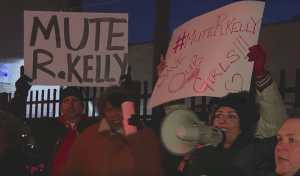
Many current anti-trafficking efforts have had to adapt swiftly amidst Covid-19 protocols and safety measures. According to the U.S. Department of State’s 2021 Trafficking in Persons Report, “governments and civil society organizations conducted in-depth research assessments on the impacts of COVID-19, leveraged technology as a method to address emerging trends, adapted policy approaches, and sought to expand protections for victims.” The anti-trafficking communities’ pivot has been essential in the continuous attempt to rescue and prevent victims from trafficking and the ongoing data assessment and research of current information.
Regarding R. Kelly’s case specifically, viewers of the accusations and trials have taken to the streets in protest and to social media in attempt to “#MuteRKelly” in support of his victims. Although the “MuteRKelly” movement was deemed by his own supporters as an unnecessary use of ‘cancel culture’ tactics, many have stood their ground that Kelly made no excusable offense and should face up to life in prison.
Learn more about supporting possible sex trafficking victims and how to receive help by visiting the National Human Trafficking Resource Center, or the National Center for Missing and Exploited Children.
